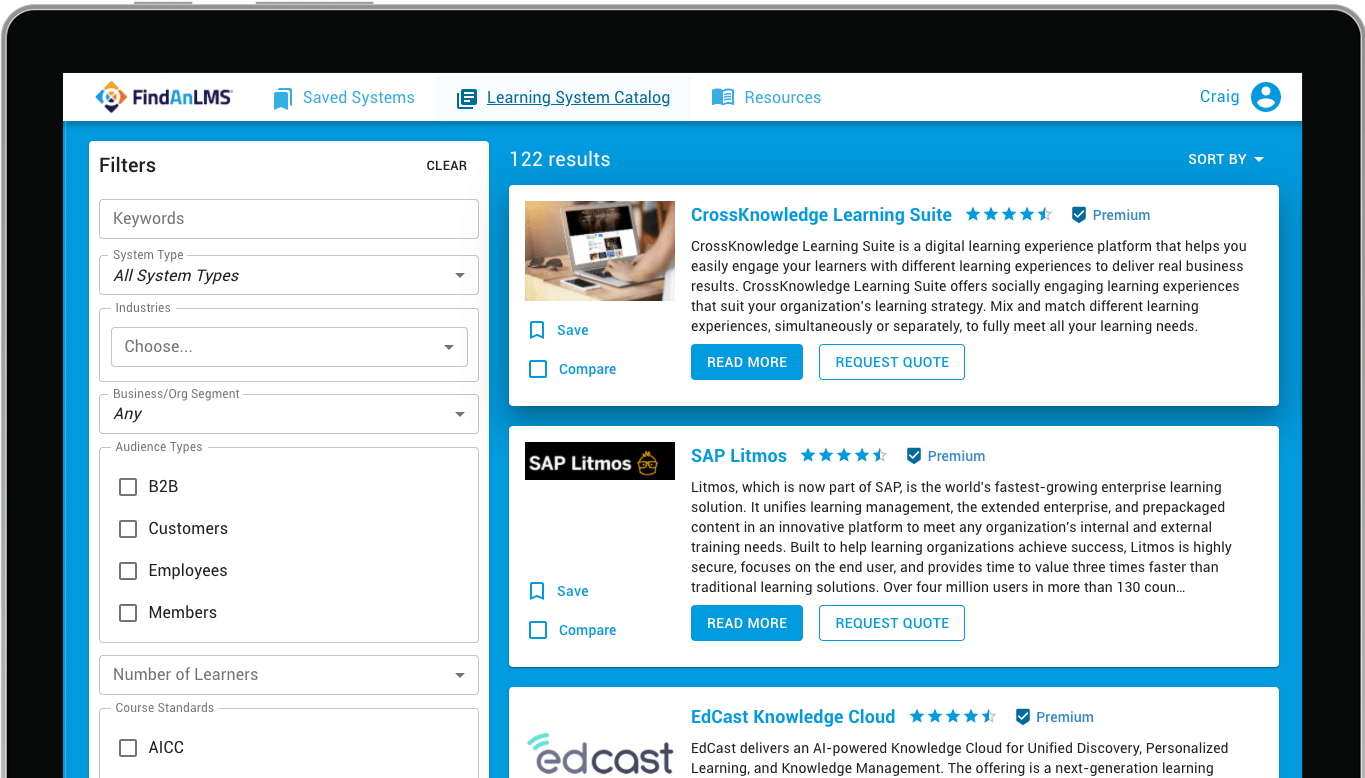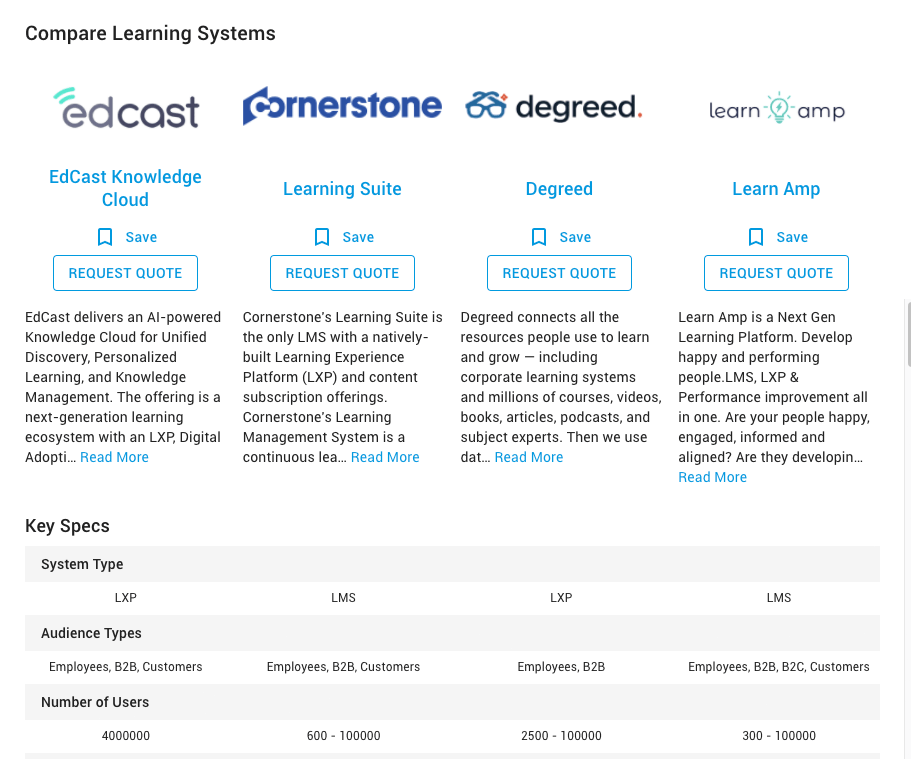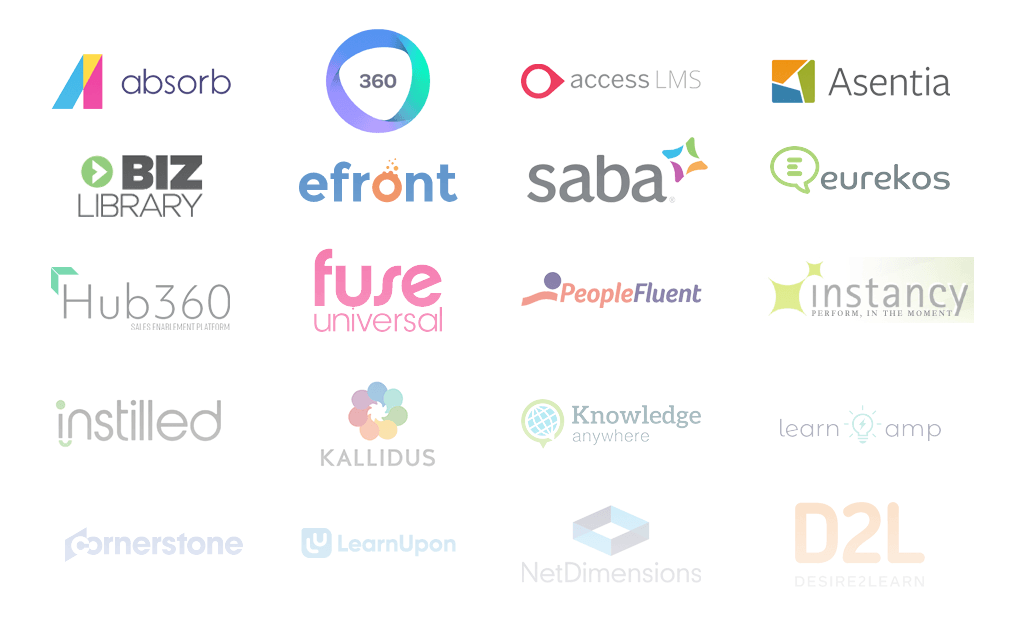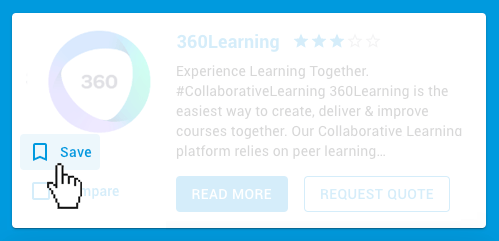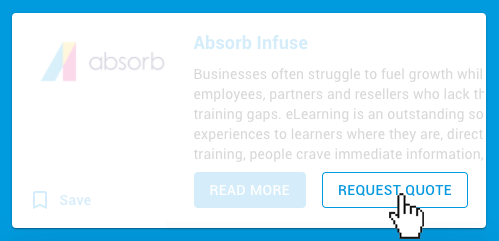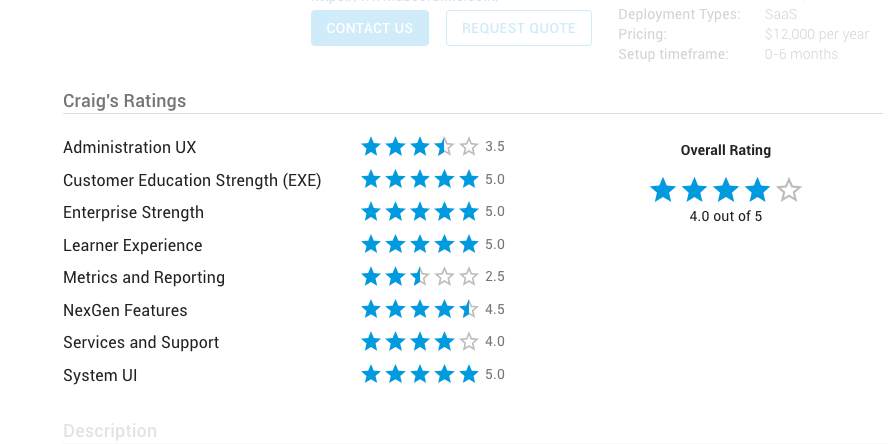If your organization has any kind of e-learning program, you probably try to quantify its success to prove its value to learners and stakeholders. Online learning frequently demands a lot of resources like time and money, and getting a strong ROI is essential to your organization’s success. All organizations should be trying to quantify the efficacy of their online learning programs.
Unfortunately, the standard way of evaluating corporate e-learning might not be as effective as we think it is. Nearly every learning management system (LMS) on the market includes course completion rates as part of the analytics suite, and many of them consider it their most important data point. If 95% of the people who take a course finish it, that means things are going well.
Craig Weiss is a veteran of the e-learning industry with more than two decades of experience in the field and he couldn’t disagree with that sentiment more strongly. Weiss recently shared his thoughts on assigned learning measured by completion rates on his e-learning 24/7 blog read in more than 147 countries, arguing that a better indicator is if people are taking advantage of the provided material to improve themselves and learn new things. He makes multiple thought-provoking points in his post and engages in a brief discussion in the comments section to provide further clarity. Below, you’ll find a summary of some aspects of his argument.
1. Adult learners are not in elementary school
When you were a kid, your first experience with assigned learning was probably homework assignments. Did you like doing homework as a kid? Could you draw connections between writing your spelling words five times each and using them in a sentence? Probably not. You did your homework because you had to do your homework (or your parents forced you to) and checked it off of your to-do list, never to think about it again.
Adult learners generally feel the same way about assigned learning. They’ll take the course and complete it because their employer is forcing them to, but they won’t make any effort to retain the information or apply it to their day-to-day tasks unless they think it’s useful. Furthermore, mandatory training carries a negative connotation that may encourage adult learners to tune the information out even if they would otherwise find it useful.
2. Assigned learning skews analytics
Artificial Intelligence (or AI) is all the rage in e-learning circles these days because it quickly identifies which courses learners could benefit from and enrolls them automatically. Sadly, AI is often fueled by course completion rates, and forcing learners to take particular courses means that their recommendations focus on those topics instead of what they’re interested in. Likewise, your organization’s “most popular” courses will be similarly skewed.
As if that wasn’t bad enough, mandatory courses can deny your organization valuable insight into your team members. If a given learner voluntarily signs up for leadership courses, you know that they are either a manager who feels that they could improve in that area or an ambitious worker who aspires to a management position. If you force someone to take leadership courses, you learn nothing.
3. Unnecessary fluff
While the intent behind many assigned courses is good, the execution frequently offers no value to learners. Why are you forcing the new intern to listen to a generic welcome message that the CEO recorded five years ago? Is there any value in hearing current employees explain the virtues of working for an organization when they can’t talk freely?
Forcing adult learners to sit through content like this not only bores them but sends a message that wasting time is what your organization is all about. It’s a great way to lose talent to a competitor that offers an e-learning program that learners find more individualized and beneficial.
Get more insight from industry expert Craig Weiss
Weiss goes into much more detail in his blog, so reading his thoughts on assigned learning and completion rates is highly recommended. If you’d like help finding an LMS that doesn’t rely so heavily on mandatory training, you can create a free account on FindAnLMS.com and receive exclusive insight from Weiss himself on the top names in the industry.

